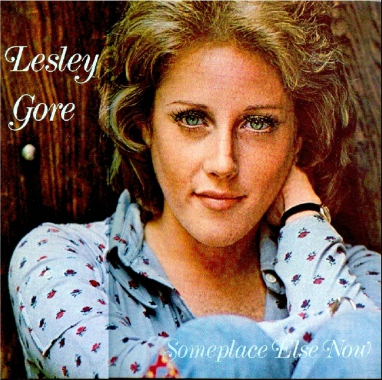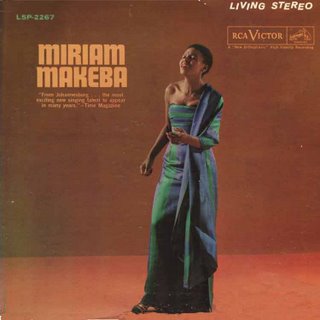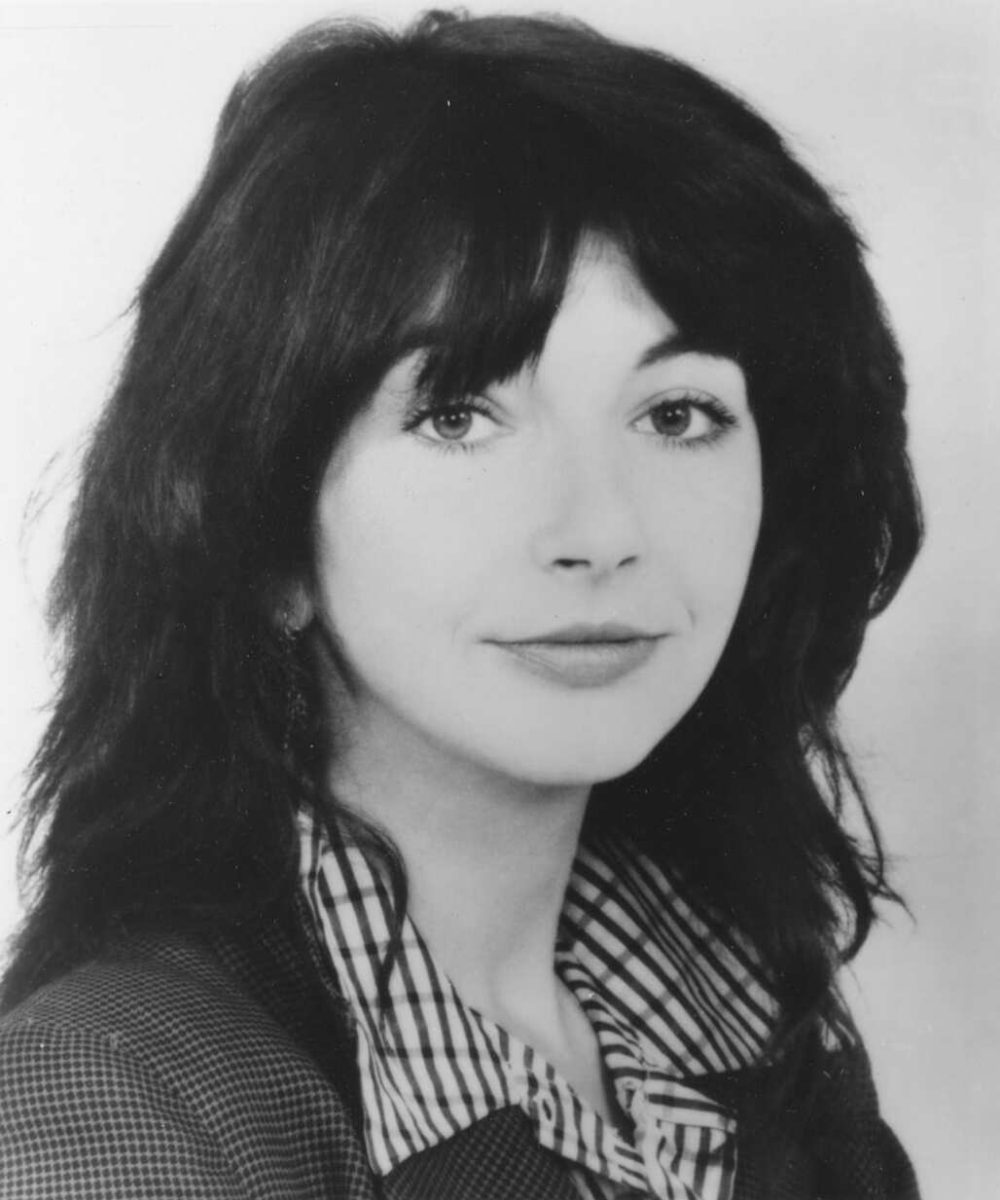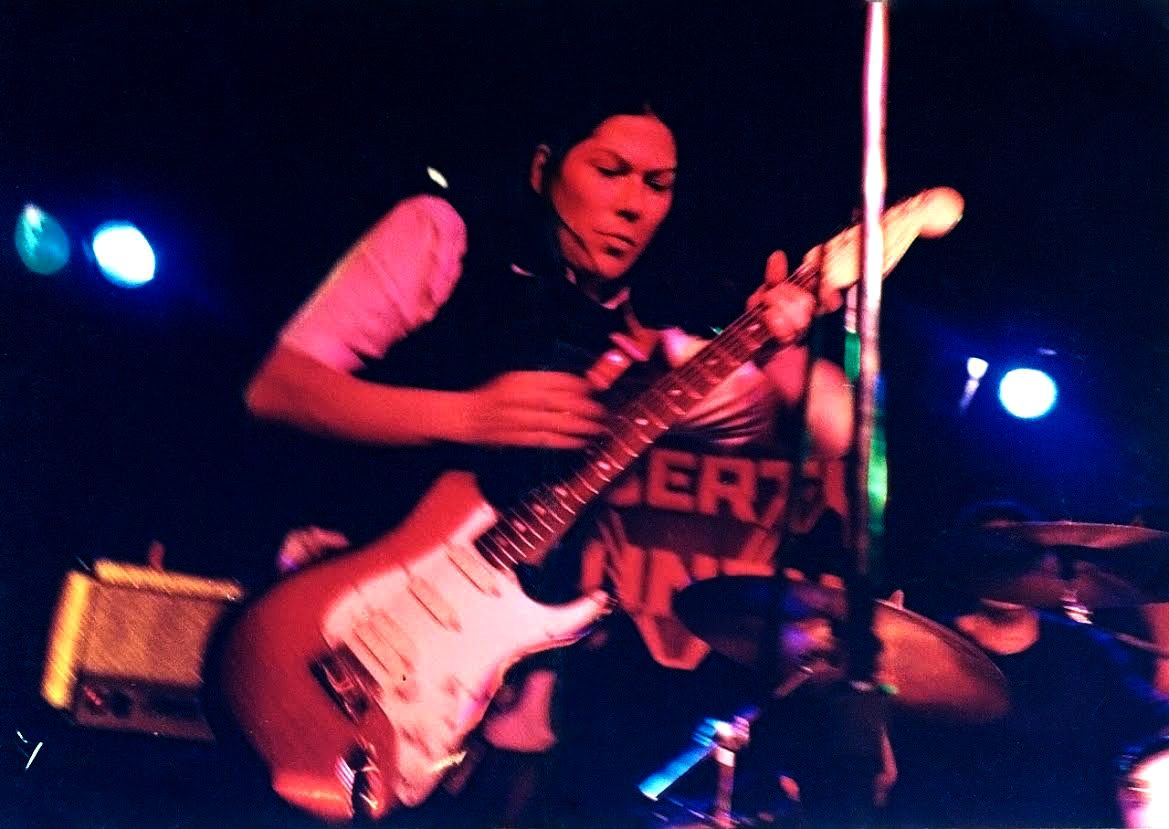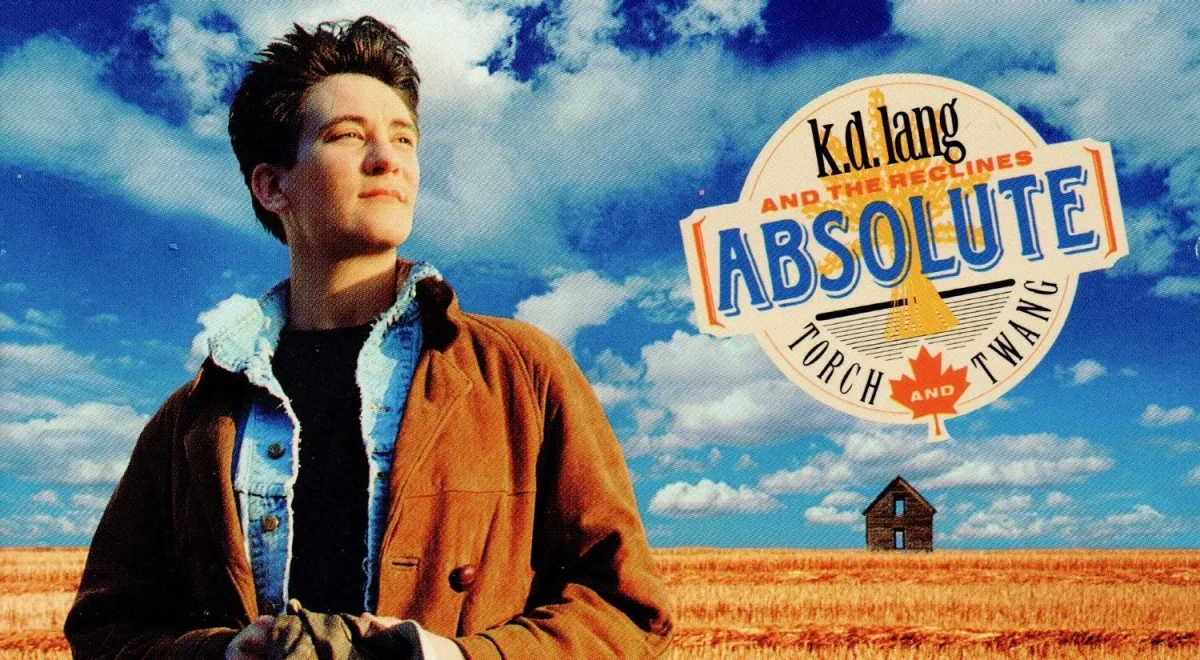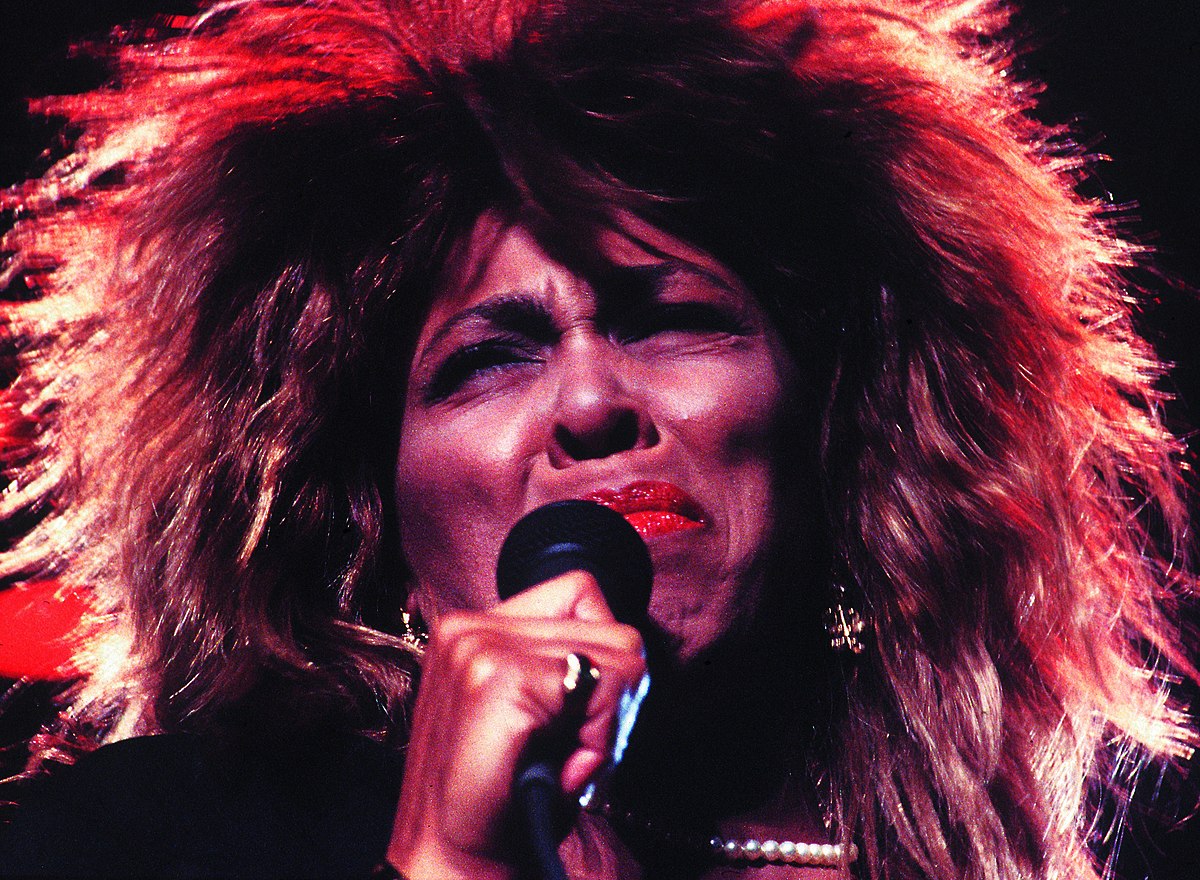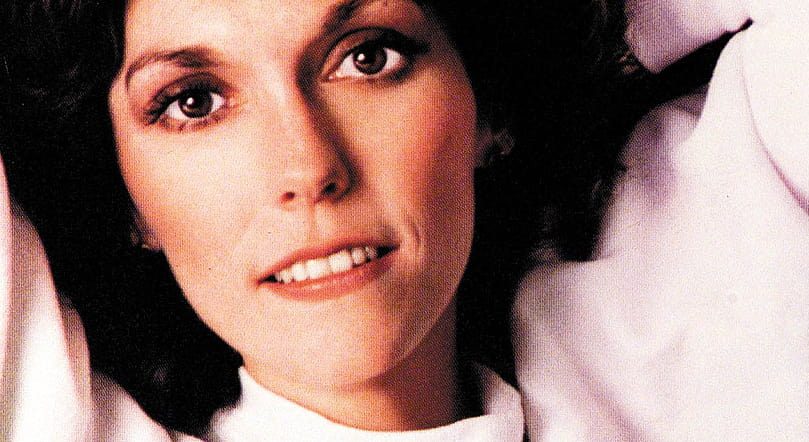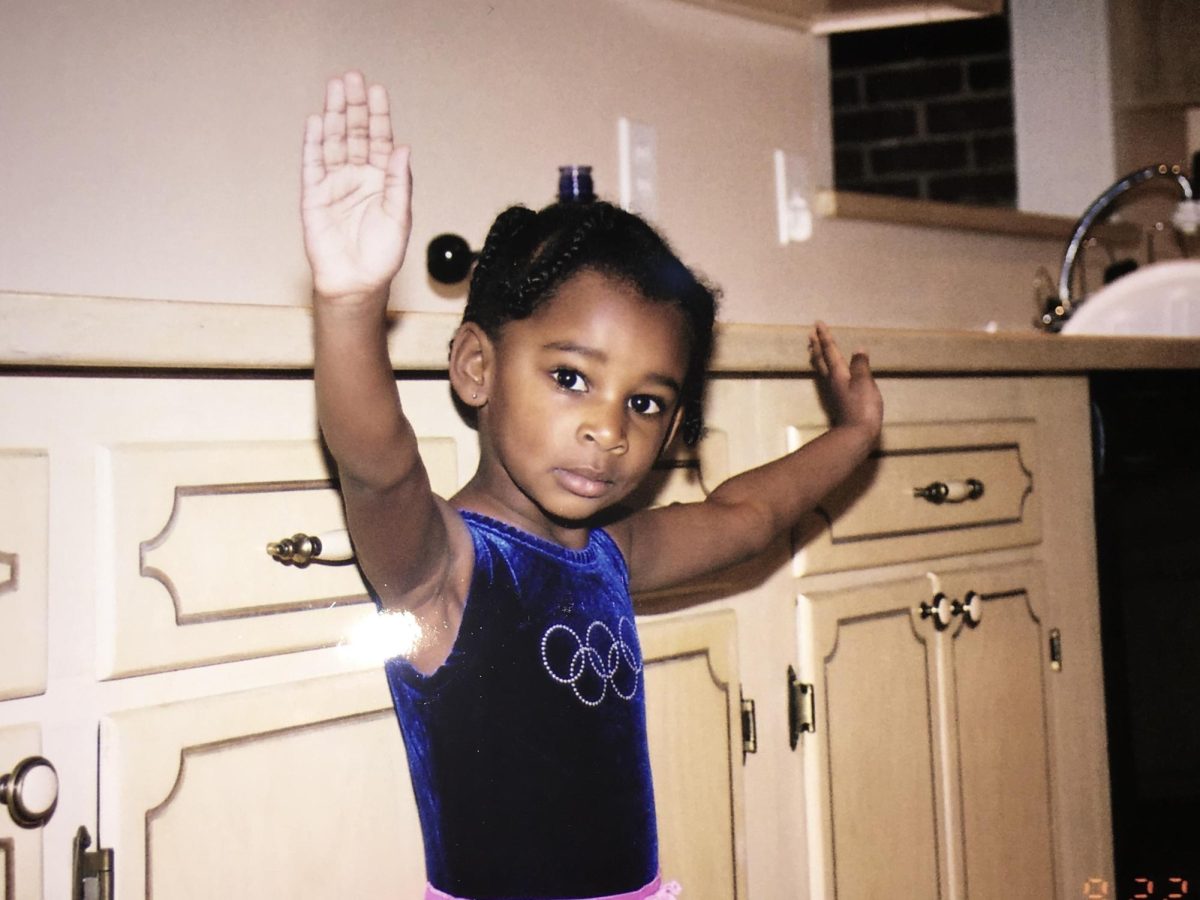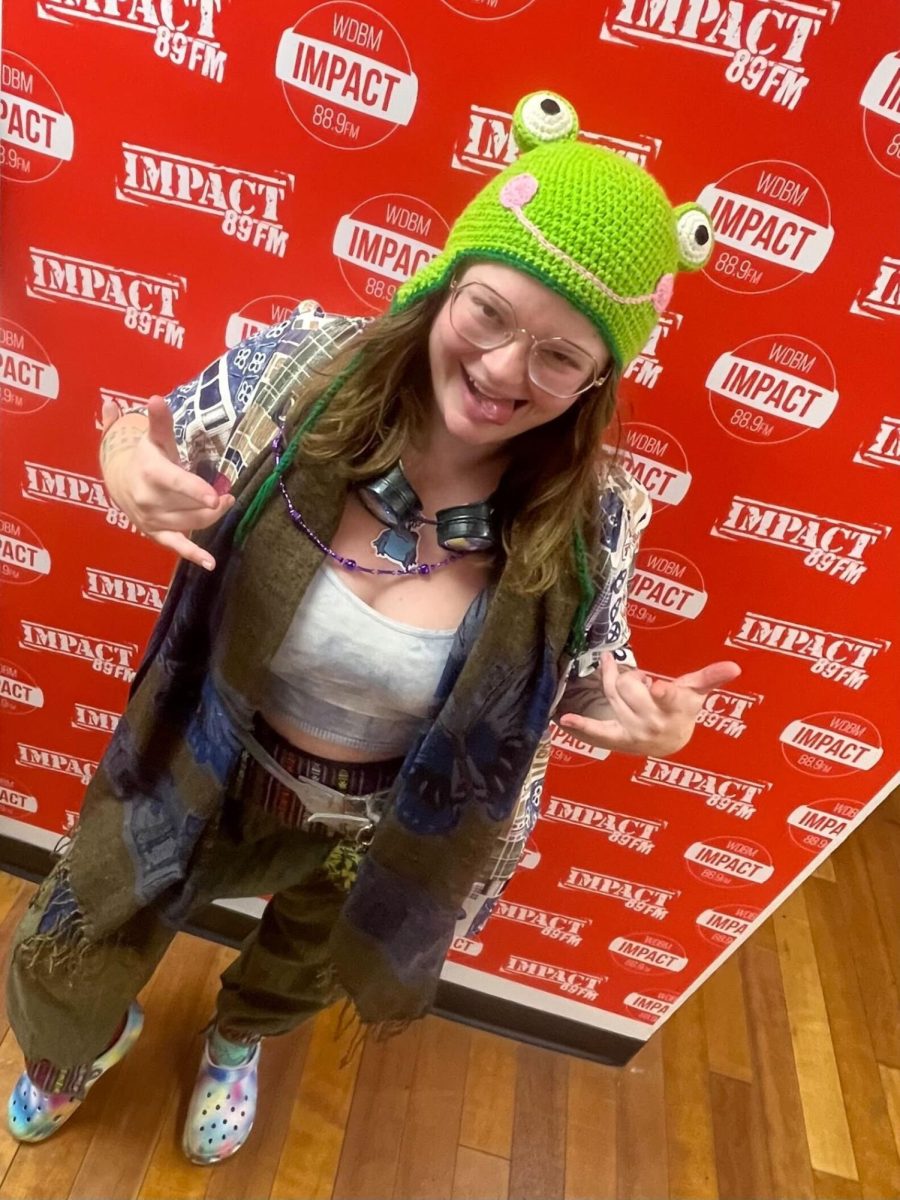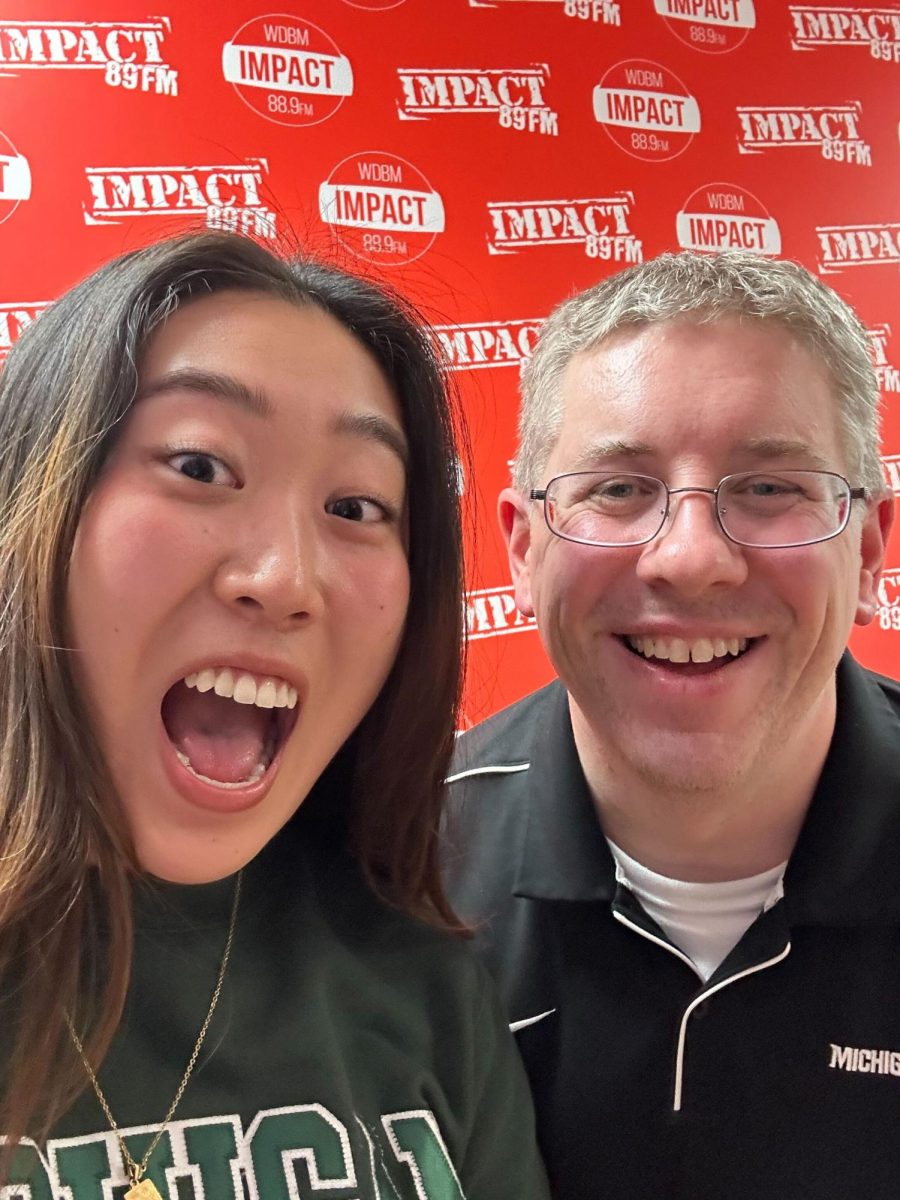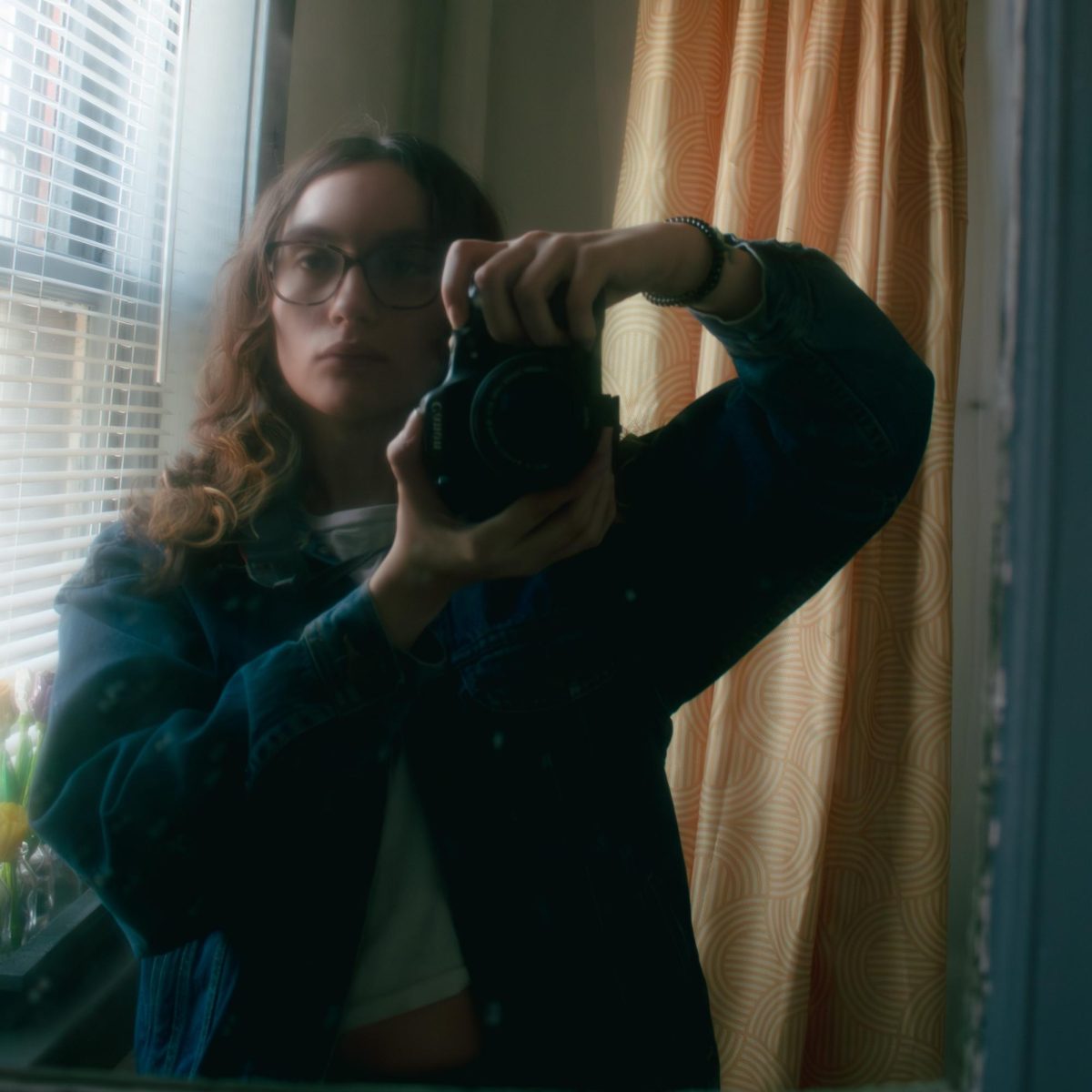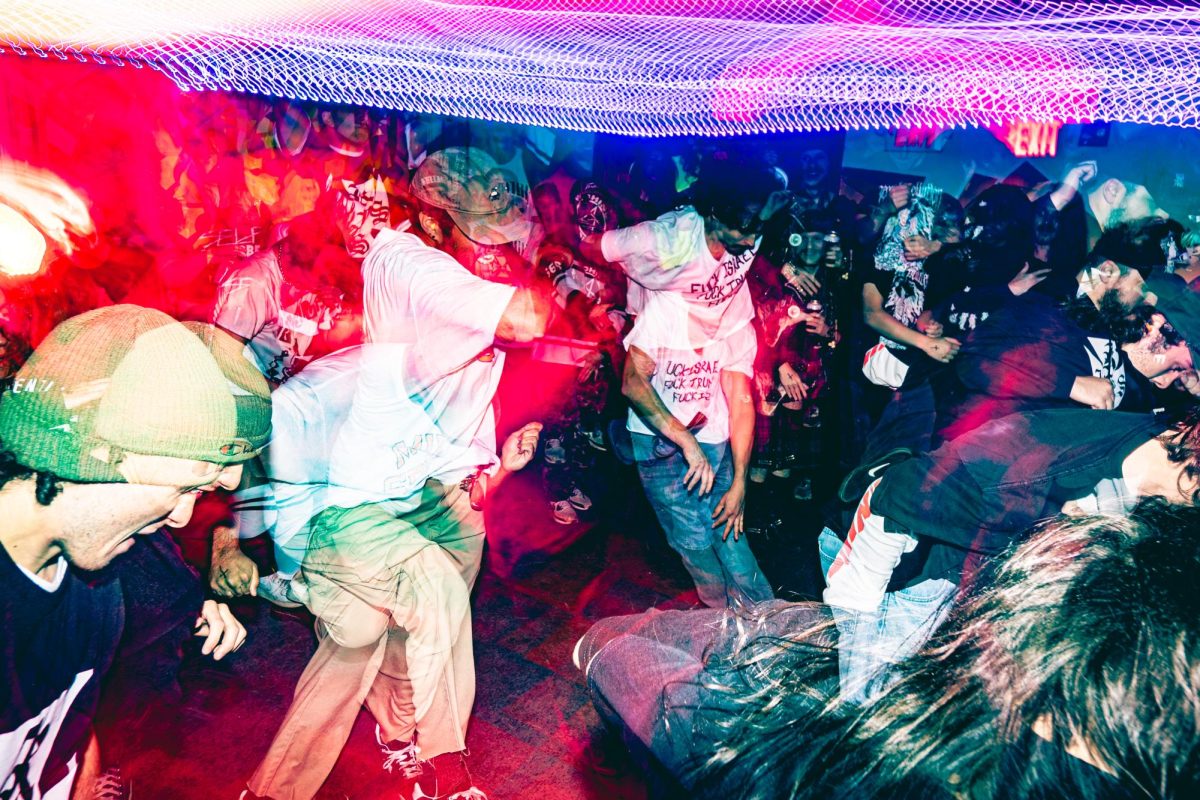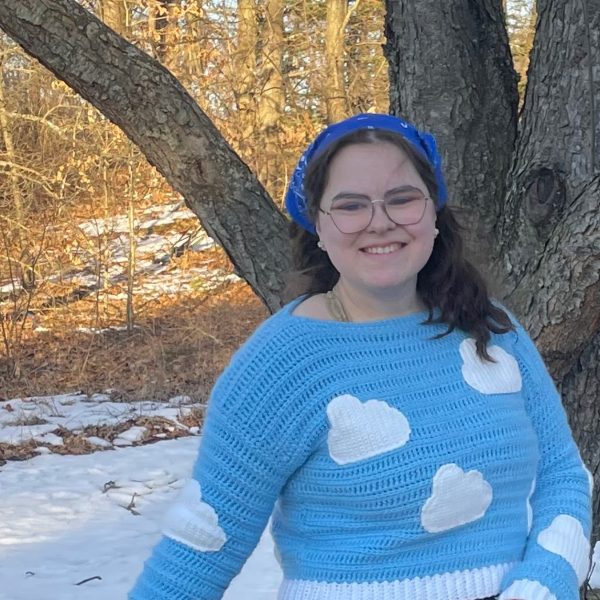On May 2, 1946, Lesley Sue Goldstein was born in Brooklyn. Shortly after her birth, her family’s surname was changed to “Gore” in an attempt to combat the rising antisemitism of a post-war America. She and her brother, Michael Gore, spent their fairly quiet childhood in Tenafly, New Jersey. That is until she was 16, when she was discovered by producer Quincy Jones. There are many different accounts of how the two met, but most attest that they began recording almost immediately.
In 1963, Gore’s debut single “It’s My Party (And I’ll Cry If I Want To)” was an instant success. The song was arranged by Ellie Greenwich and produced by Jones. According to Biography, Gore didn’t know the song was released until she heard it on the radio on the way to school. After two weeks at No. 1 on the Billboard Hot 100, the song catapulted her to true stardom.
Gore released several more songs before graduating high school, the most notable of which being “You Don’t Own Me,” which spent three weeks on top of Billboard Hot 100, knocked down only by the Beatles “I Wanna Hold Your Hand.” The song was a feminist anthem, juxtaposing the heartbroken damsel expressed in “It’s My Party.” In fact, it was contrary to many of her other songs, which almost all concerned boys or relationships. It also triggered countless discussions about how society viewed and treated women. Its release long predated the feminist movement of the ‘70s.
The songwriters, David White and John Madara, wrote the song due to an annoyance with many female singers’ focus on guys in their music, according to NPR. However, in choosing the song, Gore had little concern with womanhood or feminism. On WHYY’s Fresh Air in 1991, she said, “For me, it was not a song about being a woman. It was about being a person, and what was involved with that. Of course, it got picked up as an anthem for women, which makes me very proud.” Throughout the years, she has fully leaned into the feminist tones of the song, using it in a 2012 PSA encouraging women to vote.
After graduating high school, Gore went on to study at Sarah Lawrence College in New York. While studying, she continued her music career, reserving her school breaks for recording and performing. As an all-women school, the Sarah Lawrence campus acted as a safe haven for Gore, encouraging her feminism and allowing her to discover her lesbianism, according to an interview with AfterEllen. She released a few songs while studying but not anywhere near the number she had released in high school. In 1968, she graduated with a degree in English and American literature.
After college, Gore released a few singles, still sparingly. She continued performing and even took up acting, appearing in an episode of Batman as Catwoman’s accomplice, Pussycat. However, a few years after being dropped by Mercury Records in 1969, she began songwriting. The freedom to perform her own songs, not ones that had been written for her, provided a newfound motivation. “And that’s what got me to the piano, that’s what got me up in the morning: a blank piece of paper and a hope to have something by the end of the day,” she said on AfterEllen.
Her first self-written album, Someplace Else Now, was released in 1972 under her new label, Mowest. She released two more albums in the next decade. She also wrote songs for the 1980 film Fame with her brother, Michael Gore. One of the songs, “Out Here on My Own,” was nominated for an Academy Award.
After her 1982 album, The Canvas Can Do Miracles, Gore remained mostly private for a while. She met and grew close to her life partner, Lois Sasson. She co-wrote a song for the 1996 film, Grace of My Heart. In the mid 2000s, she hosted a few episodes of the PBS show, In the Life, which focused on LGBTQ+ people and the issues they face. In her AfterEllen interview, she said of the show:
“I meet a lot of young people in the Midwest, and I saw what a difference a show like In the Life can make to their lives in some of these small towns where, you know, there are probably two gay people in the whole damn town. It’s made a real inroads for them. They come and they talk to me about this stuff, so I know how important it is.”
In the same interview, she officially came out to the public as a lesbian. Since college, she never tried to hide her identity, although she did acknowledge the homophobia of the music industry and of greater society in the ‘60s; “Times were very different then, so, you know, I just tried to live as normally as humanly possible. But as truthfully as humanly possible.”
In 2005, Gore released Ever Since. The album featured many original songs as well as a matured, reflective remake of “You Don’t Own Me.” The album met amazing reviews, but Gore did not follow it with any other albums.
In February 2015, Lesley Gore died of lung cancer. She had been with her partner, Sasson for over 30 years when she passed.. The next month, Quincy Jones produced a new version of “You Don’t Own Me” with Australian singer Saygrace. The song has been remade countless other times by countless other artists. In 2021, her debut single remixed with Melanie Martinez’s cover became a trending sound on TikTok. This opened online discussion of her life and music to a new generation, many of whom — including myself — were eager to learn of her queer legacy.
Lesley Gore released some of the most influential songs of her time. “It’s My Party” has consoled countless people. “You Don’t Own Me” has raised three generations of feminists, so far. And you’d be hard pressed to find someone who has never had “Sunshine, Lollipops and Rainbows” stuck in their head. The legacy she left is greater than that 16-year-old in the recording studio ever could have imagined.



